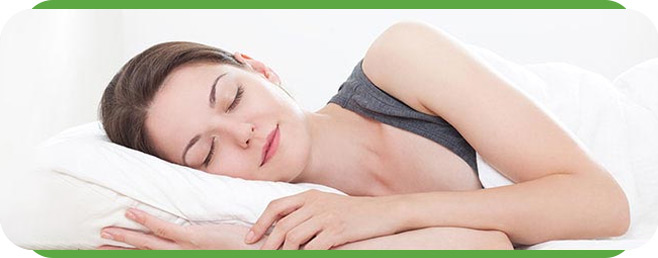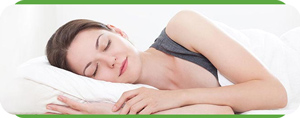Does Snoring Have Anything to Do With Sleep Apnea?
Want to know if there is any link between snoring and sleep apnea? Visit Koala® Center For Sleep & TMJ Disorders. For more information, please contact us today or request an appointment online. We have convenient locations in Bloomington IL, Peoria/Dunlap IL, El Paso TX, and Wausau WI.


Table of Contents:
So does snoring have anything to do with sleep apnea?
Can snoring be treated?
What is oral appliance therapy for snoring and sleep apnea?
Do you have a clinic near me?
If you or a loved one have been snoring for some time now, you might be wondering whether it could be a sign of something serious like sleep apnea which can lead to life-threatening conditions. You’re right to wonder about this, and Koala® Center For Sleep & TMJ Disorders would like to help you answer your questions about snoring and sleep apnea. Reach out to us today or read on to learn more.
Sometimes snoring can be a sign and symptom of sleep apnea, yes. When snoring occurs, it’s because breathing is partially obstructed by the tongue, soft tissue, or muscles in the mouth or throat that collapse onto the back of the throat. This, in turn, can cause a condition like upper airway resistance syndrome or sleep apnea. A sleep professional will be able to determine whether your snoring is a symptom of sleep apnea. If so, the professional may recommend certain lifestyle changes or treatments.
Yes, snoring can be treated. Often, it’s lifestyle changes like losing weight that will help most, and sometimes avoiding sleep deprivation and avoiding sleeping on one’s back will help too. It may be that treating nasal congestion is necessary for a patient. However, these changes may not be enough to address snoring, especially snoring that’s accompanied by sleep apnea. Sometimes another approach is necessary.
When snoring is severe or accompanied by sleep apnea, it can be treated with CPAP therapy using a CPAP machine, but many patients have issues with this treatment. For one, the machine itself is big and bulky, making it difficult to use and move around unless the patient buys an expensive portable unit. Also, the machine can be very loud for some patients and their sleep partner. And on top of that, CPAP therapy requires the use of a mask or nose piece at night, which can be pretty uncomfortable for the patient. It’s a fact that CPAP therapy can work for many patients, but for many others, it’s just really uncomfortable and inconvenient. These patients prefer another treatment instead.
Many patients prefer oral appliance therapy to treat their severe snoring or snoring accompanied by sleep apnea. With oral appliance therapy, an oral insert is used and can prevent the conditions that cause snoring and sleep apnea in the first place. It does this by helping the tongue, soft tissue, and muscles in the mouth and throat rest naturally. Also, oral appliance therapy can fix any issues a patient has with their oral anatomy, like a jaw joint disorder, which could be complicating the snoring and sleep apnea.
With oral appliance therapy, after about 3 months, many patients will be relieved of their symptoms by 90%. The American Academy of Sleep Medicine approves oral appliance therapy because it works, and it’s also very comfortable and easy for the patient! We offer oral appliance therapy and other treatments for snoring and sleep apnea here at Koala® Center For Sleep & TMJ Disorders.
Koala® Center For Sleep & TMJ Disorders has many locations in Bloomington IL, Peoria – Dunlap IL, Mishawaka IN, El Paso TX and Wausau WI. We invite you to contact us to learn more about us, your treatments, and how we can help you with your snoring and sleep. You can call us today at (855) 977-0400 or book a simple consultation with us on our Appointments page. Don’t hesitate to reach out especially if you suspect a serious issue like sleep apnea.
We look forward to hearing from you soon!

Additional Services You May Need
▸ KoalaKIDZzz®
▸ Sleep Apnea
▸ Snoring
▸ TMJ Disorder
▸ Fatigue
▸ Sleep Disorders
▸ Weight Loss
▸ CPAP Alternative
▸ Oral Appliances




